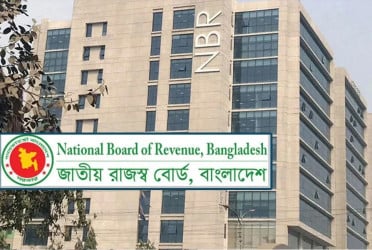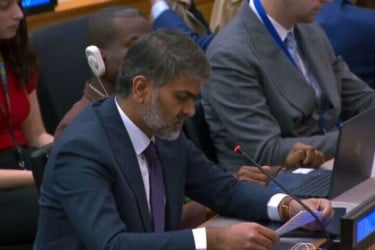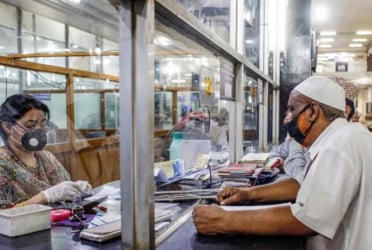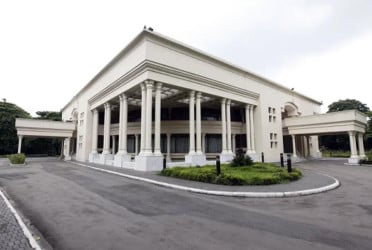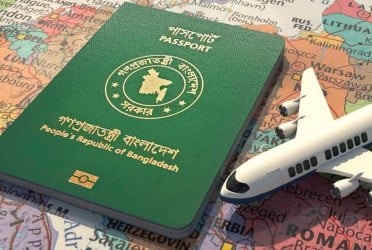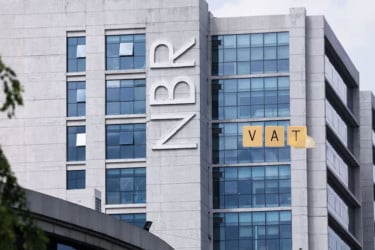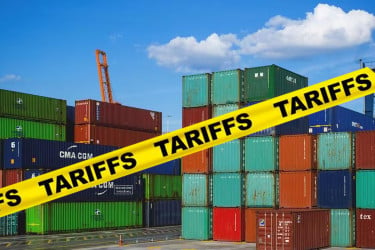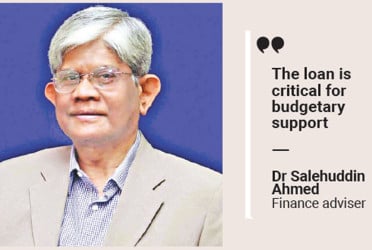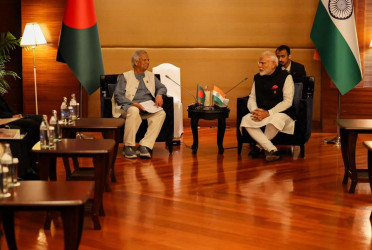The telecom services in the country are in turmoil, with customers grappling with poor service quality and rising costs. Amid this crisis, the number of mobile and internet subscribers continues to decline every month, signaling a deteriorating trust in the industry. The situation has worsened due to the recent imposition of VAT on mobile services twice in just seven months, putting additional financial strain on consumers. Despite promises from the government to reduce the additional VAT, telecom operators maintain that no such measures have been implemented as of the latest update. This growing frustration has even led the telecom sector to threaten a protest against the National Board of Revenue (NBR) over the issue.
One of the most pressing concerns raised by users is the increasing occurrence of call drops. Consumers frequently report that their calls are unexpectedly disconnected, forcing them to redial. While mobile operators continue to profit from these interruptions, customers receive no compensation for the inconvenience. This problem, which has persisted for years, results in thousands of complaints daily. However, little has been done to resolve it. With such complaints mounting, many are left questioning the role of the regulatory body, the Bangladesh Telecommunication Regulatory Commission (BTRC).
The BTRC has issued over 3,000 licenses across 29 different categories, claiming that this would help improve customer service quality. Yet, in reality, many of these licenses were acquired by influential individuals using political leverage during the last 15 years of the Awami League government. This practice has led to further chaos and inefficiency in the sector, undermining the BTRC’s credibility and raising doubts about its ability to regulate effectively.
Another issue contributing to the sector's instability is the imposition of new taxes, which have further burdened both consumers and telecom operators. In June 2024, the government raised the VAT on mobile services by 5 percent, and just seven months later, another 3 percent increase was implemented. As a result, the overall tax burden on consumers has increased by 9.2 percent. From now on, for every Tk 100 worth of telecom service, customers will pay Tk 142.45, including VAT, supplementary duties, and surcharges. This increase comes on top of the 133.25 Tk customers had been paying before the last budget. The tax hikes have sparked outrage within the telecom industry, as many feel they have been implemented without adequate consultation or consideration for their impact.
Fahim Mashroor, a technologist and former president of the Bangladesh Association of Software and Information Services (BASIS), criticized the government's decision to impose such taxes without consulting the industry stakeholders. He described it as "autocratic behavior" and warned that these new tax increases would threaten the sustainability of the telecom sector. Mashroor emphasized that this could stifle the growth of new entrepreneurs and deter customers from embracing the services, ultimately leading to stagnation within the sector.
Telecom operators have also voiced their concerns regarding these tax hikes and the broader regulatory environment. Grameenphone’s Chief Corporate Affairs Officer, Tanveer Mohammad, expressed surprise at the imposition of supplementary duties at a time when the economy was recovering from the shocks of previous years. With inflation hovering above 10 percent, he noted that ordinary citizens were already struggling to meet their daily expenses. He argued that telecom services are critical to promoting digital inclusion and economic growth, and any disruption to these services could widen the digital divide.
Banglalink’s Chief Corporate and Regulatory Affairs Officer, Taimur Rahman, echoed similar sentiments, stating that telecom services play a vital role in driving the country’s economic growth. He pointed out that the increase in supplementary duties from 20 percent to 23 percent would negatively affect consumer purchasing power, especially during a period of rising inflation. Rahman cautioned that such decisions would not only harm consumers but also hinder the growth of the telecom sector, reducing government revenue in the process. He highlighted that the telecom industry had already been facing various challenges, and further burdens would only exacerbate the situation.
Robi Axiata’s Chief Corporate and Regulatory Officer, Shaheed Alam, weighed in on another issue—the lack of flexibility in telecom data packages. Alam suggested that giving telecom operators more commercial freedom in offering data services could lead to a more customer-centric, competitive, and innovative market. He pointed out that the current system, which restricts certain data packages from 12:00 pm to 6:00 am, fails to accommodate the needs of freelancers and night workers who rely on internet data. He advocated for the option to offer network-based data at a more affordable price without the limitations of scheduled data usage.
As the telecom sector faces increasing pressure from rising costs, poor service quality, and regulatory challenges, the need for reform has never been more urgent. Telecom operators, government officials, and regulatory bodies must work together to address the issues of call drops, unfair taxation, and service disruptions. If not, the already fragile telecom industry will continue to struggle, leaving millions of consumers dissatisfied and frustrated. It's time for a fresh approach to ensure that telecom services contribute to the country’s development rather than being a source of ongoing complaint and hardship.
Bd-pratidin English/Jisan














